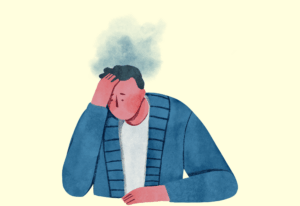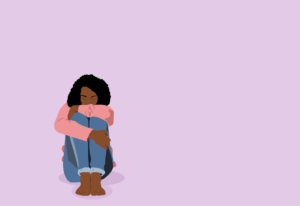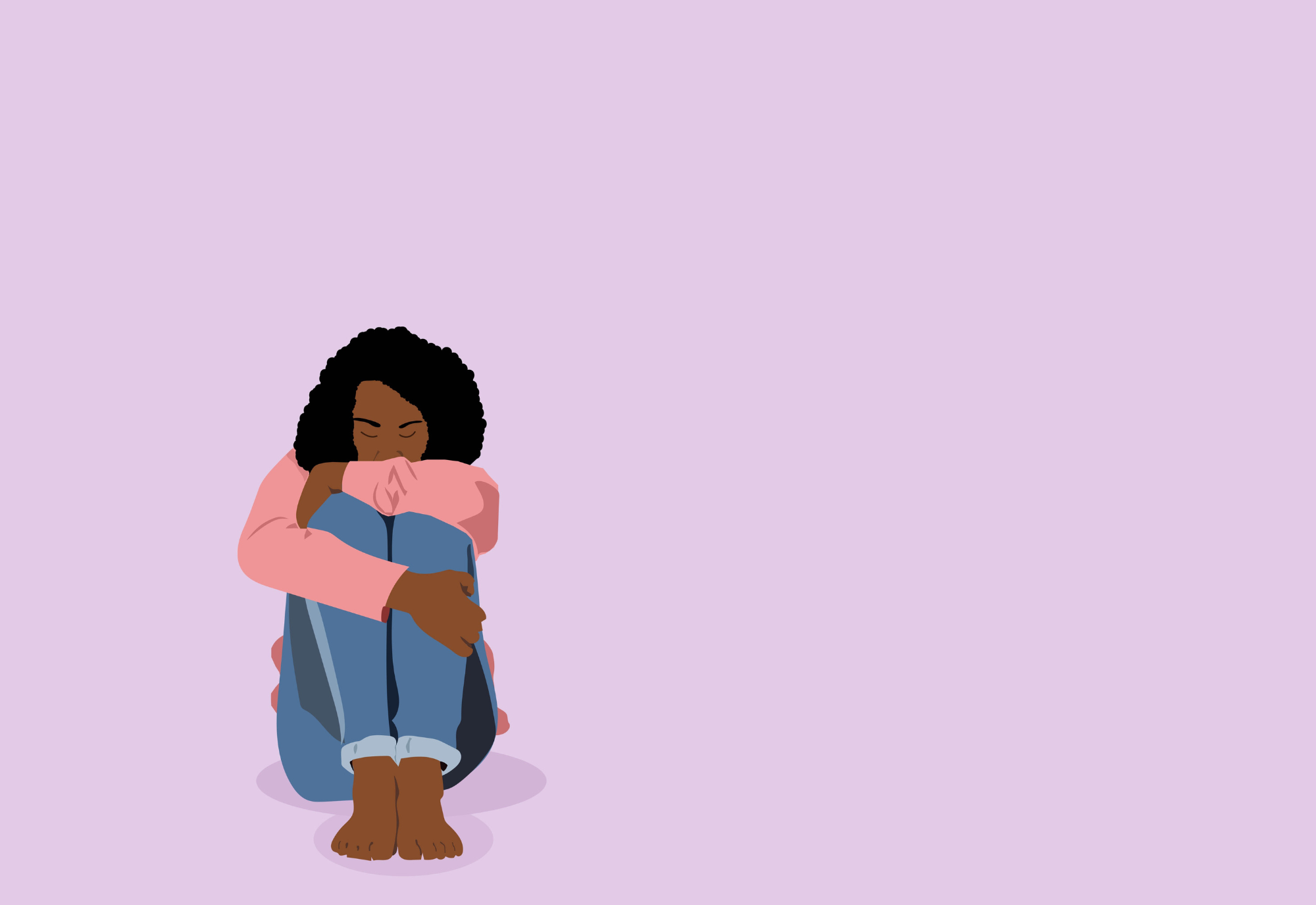As the leaves begin to fall and the days grow shorter, October brings more than just a change in season. It also brings an important reminder: October is National Depression Awareness Month—a time to shed light on a condition that affects millions but is still too often misunderstood or stigmatized.
Why Depression Awareness Deserves a Month
According to the World Health Organization, more than 280 million people worldwide suffer from depression. In the U.S. alone, over 21 million adults experienced at least one major depressive episode in the past year.
And yet, many people suffer in silence.
National Depression Awareness Month is about breaking that silence. It’s about education, empathy, and creating space for honest conversations—so those who are struggling know they’re not alone, and those who aren’t can become better allies.
The Hidden Faces of Depression
One of the most important reasons for awareness is that depression doesn’t always look the way we expect. It’s not always visible. People with depression might still smile, show up to work, laugh at jokes, and post filtered photos online. But inside, they may be battling fatigue, hopelessness, shame, and emotional pain.
By raising awareness, we help break down harmful stereotypes and give people permission to be real, to struggle, and to seek help without fear of judgment.
Why October?
October also includes National Depression Screening Day, observed on the Thursday of the first full week in October. On this day, many organizations and health professionals offer free, confidential screenings to help individuals understand whether they may be experiencing symptoms of depression and guide them toward the next steps.
This makes October a natural time to talk openly about mental health, check in on ourselves and others, and learn more about the signs and symptoms of depression.
Signs of Depression to Look Out For
Not everyone experiences depression in the same way, but common symptoms include:
- Persistent sadness or emptiness
- Loss of interest in activities once enjoyed
- Changes in appetite or weight
- Sleep disturbances (too much or too little)
- Fatigue or low energy
- Difficulty concentrating or making decisions
- Feelings of worthlessness or excessive guilt
- Thoughts of death or suicide
If you or someone you know is experiencing these symptoms, reaching out for support is not a sign of weakness—it’s a brave and essential step toward healing.
What You Can Do This Month
- Educate Yourself: Learn more about depression, its causes, and treatments. Awareness starts with knowledge.
- Check In on Loved Ones: A simple “How are you, really?” can open the door to meaningful conversation.
- Share Resources: Post about mental health awareness, local support groups, or national helplines. You never know who needs to see it.
- Speak Up: If you’ve experienced depression, consider sharing your story. Your voice can break stigma and help others feel less alone.
- Seek Help: If you’re struggling, talk to a therapist, doctor, or trusted person in your life. You don’t have to carry the weight alone.
A Final Word
Depression doesn’t discriminate. It touches people of all ages, races, backgrounds, and income levels. This October, let’s choose compassion over judgment, understanding over assumptions, and connection over silence.
You never know who might be struggling quietly. Your awareness, your kindness, your presence; it could be exactly what someone needs to keep going.
If you or someone you know is in crisis, call or text the 988 Suicide & Crisis Lifeline (U.S.) to speak with a trained therapist, 24/7 and free of charge.





